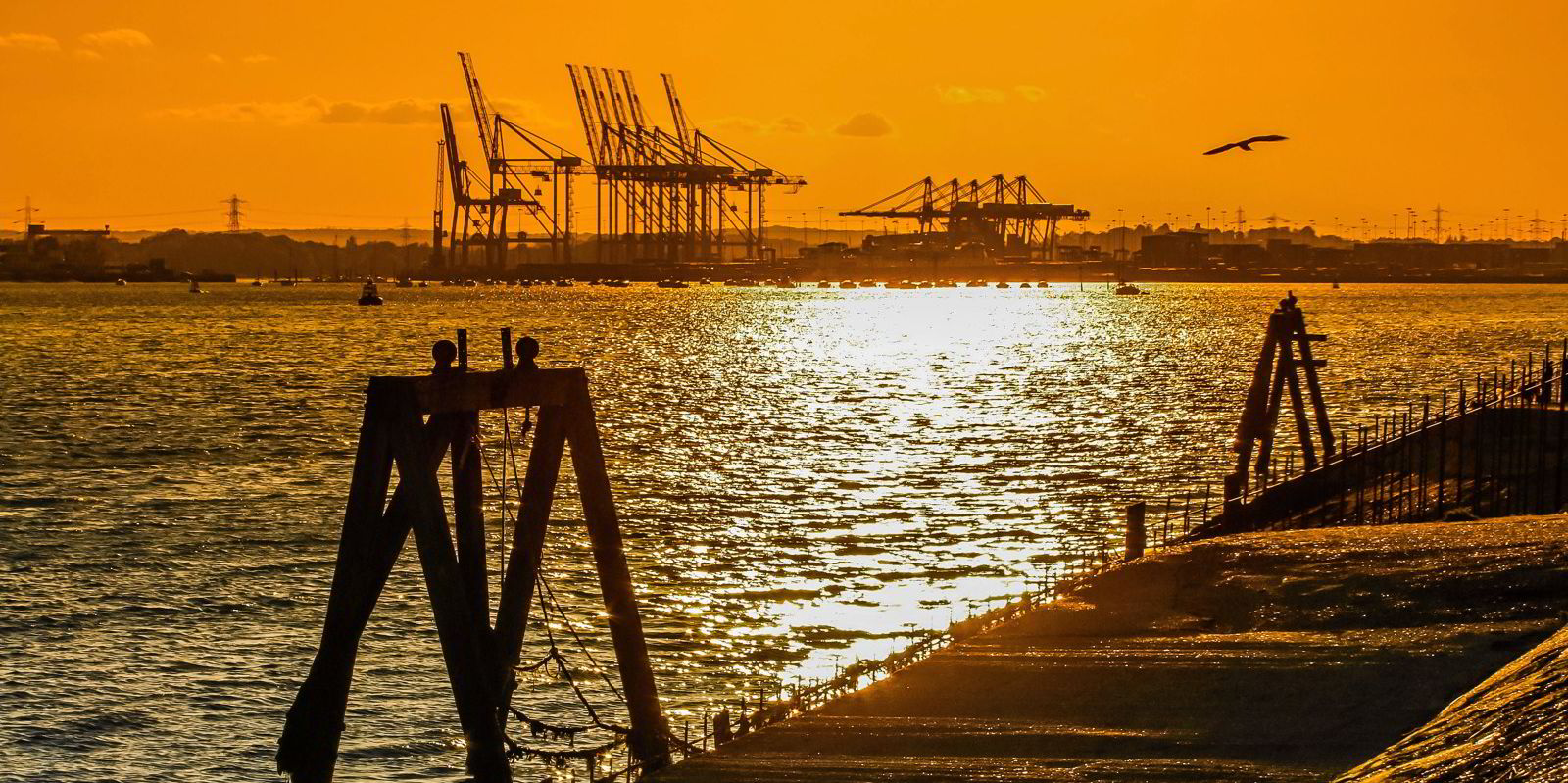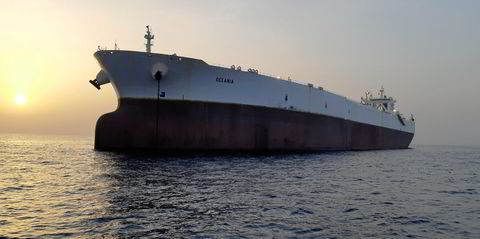Ports can serve as a key nexus for what should be a multi-modal effort to decarbonise Britain’s road, rail and maritime freight, the Decarbonising UK Freight Transport network has concluded in a report.
The group, one of five transport networks funded by the UK Engineering and Physical Sciences Research Council, came to the findings after six research projects and two stakeholder events aimed at accelerating investment in decarbonising the country’s freight sector.
“Ports are key nodes in the UK freight sector’s decarbonisation,” the network said in the report. “They are both interfaces between the modes (road, rail and shipping), but also represent locations where infrastructure and decarbonisation solution synergies are most likely exploited.”

The report’s authors said ports are likely hubs for electrification and renewable fuels.
“Ports’ role in the UK’s transition needs to be considered broadly to help reframe them as centres for green opportunity,” the network said.
The freight transport network effort also found that decarbonisation pathways will be best tackled by an approach that looks at the whole freight system.
But the report’s authors said investment, both in the form of public spending and private-sector effort, has been limited for all freight modes, leaving a huge gap in reaching zero-emission goals.
For maritime freight decarbonisation alone, the network said the green transition is estimated to cost about £75bn ($91m) in investments in the domestic shipping fleet and land-based infrastructure.
“The majority of investment needed to enable decarbonisation of maritime freight is on land and in the energy supply chain rather than on the vessels,” the group said in the report.
“This includes port electrification investment – particularly connections to grid and provision of electricity at berth for cold ironing, as well as investment in the production of renewable fuels of non-biological origin.”
Read more
- US offshore wind vessel orders accelerate at a crawl as shipyards struggle
- Green Seas: Hydrogen fuelling technology moves forward amid focus on other alternatives
- TradeWinds Ship Recycling Forum: Will Bangladesh and Pakistan be ready for the Hong Kong Convention?
- Freshly scrubbed: How fuel spreads led an analyst to cut Eagle Bulk’s earnings estimate
- Podcast: The rise and risk of Arctic shipping traffic




